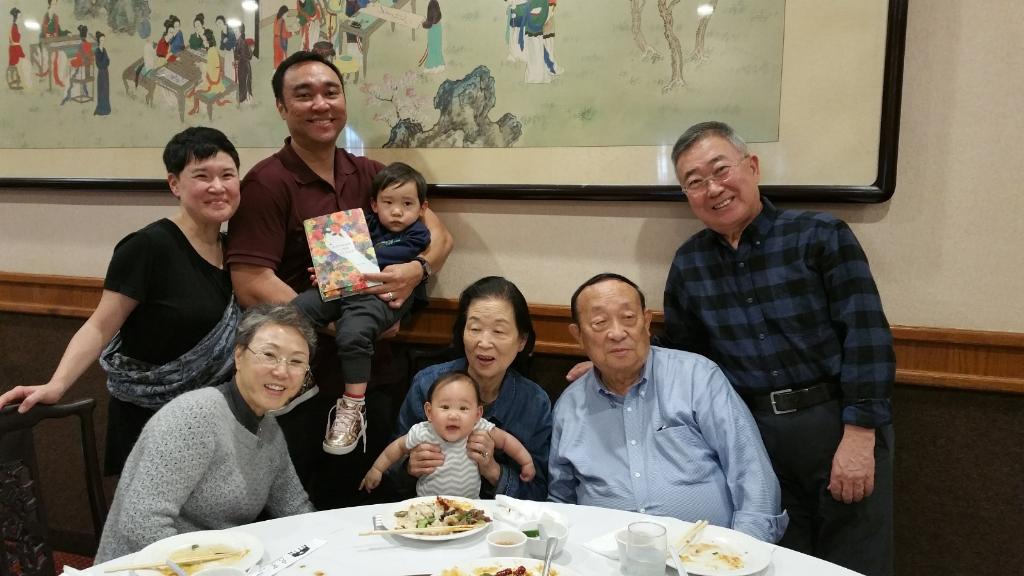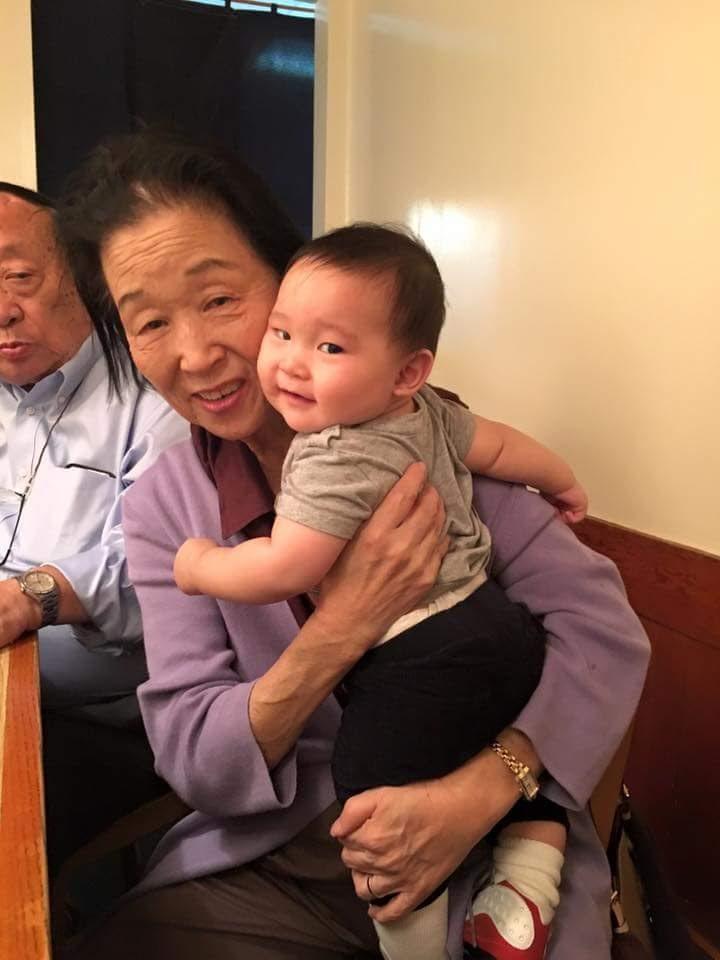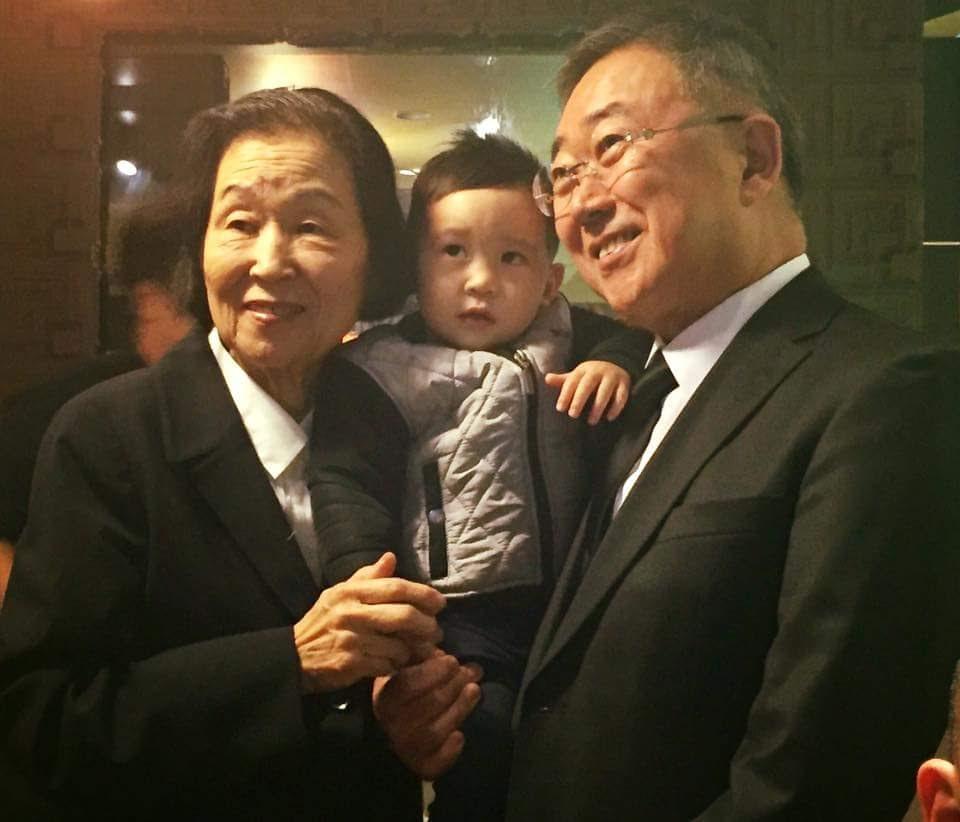Sharon Heijin Lee is Henry and Sunny’s niece.
An Aunt and Uncle’s Love in Three Parts by S. Heijin Lee
1. Gomo (Aunt Sunboo) and Gomoboo (Uncle Henry) were truly caretakers of all of us. As more of our family immigrated, they made sure everyone else got adjusted financially, culturally, and logistically. But as the daughter of Gomo’s youngest sibling, I was too young to know those specificities of our family’s early days in the US. Instead, my memories are abstract clouds of familial love, comforts and tastes: I remember spending nights at Gomo’s in Indiana (one of the first places I felt comfortable sleeping without my parents), making cookies with Carol Unni and going to the Purdue newsroom with David Obba, watching Chester cross the street on her own and marveling that Gomo lived with a dog. I remember holding my first violin as Gomo tried to assess whether I had the makings of a future prodigy J Gomo’s love and care manifested in platters of her homemade bindaedduk and bowl after bowl of her delicious naengmyun, unparalleled at any restaurant in the US or South Korea. I remember what a revelation it was when I learned that these are quintessentially North Korean dishes and that these are ours because we are a North Korean family. It was like finding a piece of myself that I never knew I didn’t know because those had always been, and continue to be, my favorite foods. This was the food she served when she hosted a luncheon at her house the day after my wedding. This is the food of our family that I will always remember her by; bindaedduk and naengmyun will always be the taste of Gomo’s love.

2. As I got older, Gomoboo was the only family member of my parents’ generation who really understood what a career in academia meant. He translated my pursuits to my parents, letting them know, for instance, that a fellowship I’d won was a “big deal.” Like the many times he’d translated English or American culture for our relatives, he translated university life for my parents. And when he said “Congratulations!” to me for finally landing that tenure track job or patted Dean on the back for achieving tenure, the pride he expressed meant everything because we knew that he knew exactly the mental, emotional, physical, and even spiritual hoops we’d just jumped through. So much of gyopo life is defined by the inability to know or be known so Gomoboo’s knowing made me feel profoundly seen.

3. More recently, when Gomo and Gomoboo came over to my parents’ home to share a meal, they brought over a bright yellow Lamborghini, just big enough for two toddlers. For the next two years, my then 3-year-old drove that Lamborghini all around his grandparents’ home with his 1-year-old sister on the passenger side. From that day on, Gomo and Gomoboo became known affectionately and famously in our house as “Yellow car Halmuhni (Grandmother) and Harabuhji (Grandfather).” My father talked with his sister regularly and while we couldn’t see them this last year during the pandemic, Gomo never hung up without speaking to my kids, Hyun and Yuna who she lavished with praise. Seeing how much Gomo and Gomoboo could love my children made me understand just how much they loved me and my father before me. I find great joy knowing that Hyun and Yuna knew them, too, and in this way, Gomo and Gomoboo’s continue to shape the fabric of our family just as they always have.
